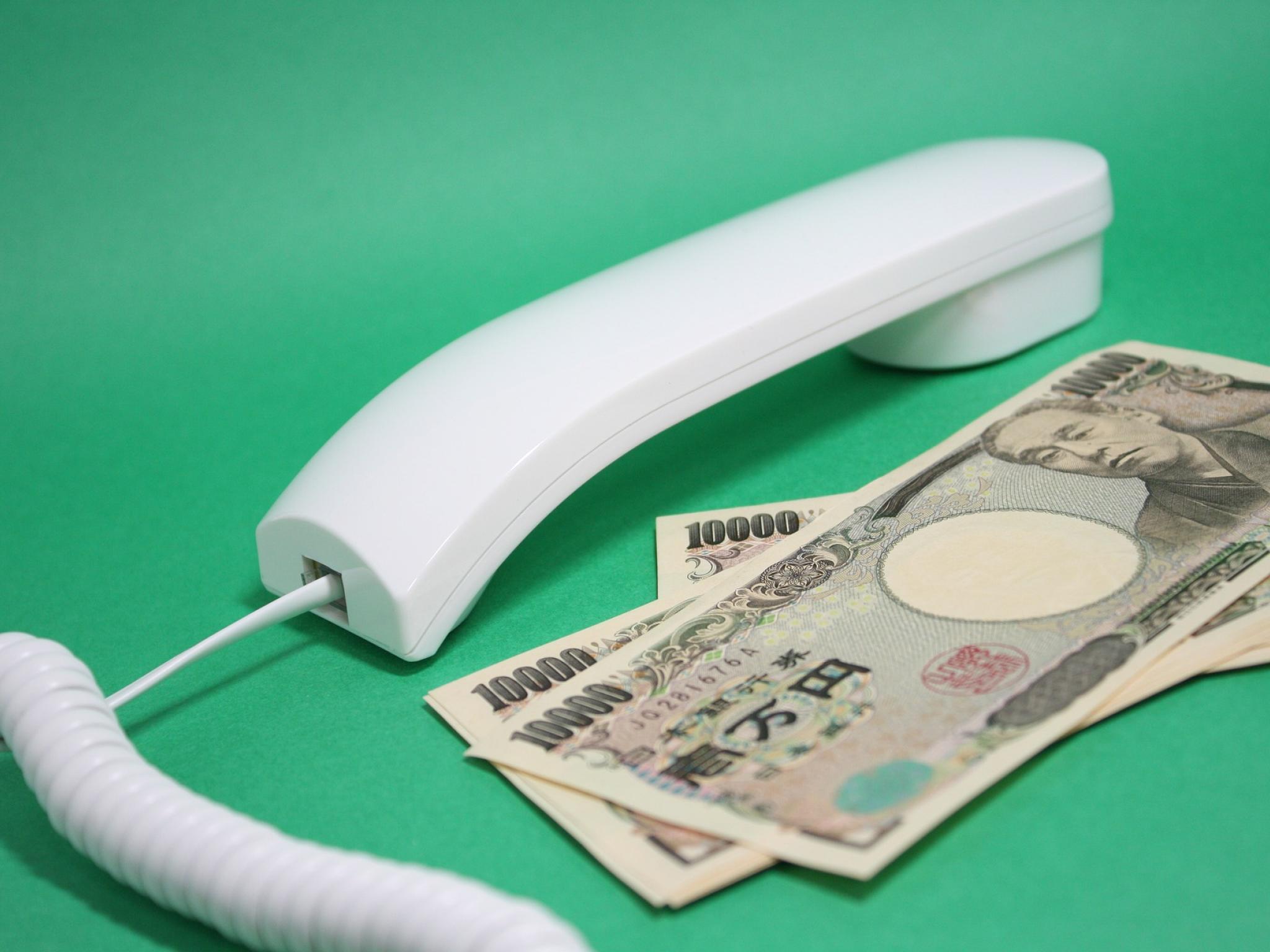
The Japanese yen fell into a steep plummet today, weakening by more than 130 to the U.S. dollar for the first time in 20 years following the announcement by Japan’s central bank that it would continue to keep interest rates low despite ongoing inflationary concerns.
What Happened: The Japan Times reported the Bank of Japan (BOJ) stated it would keep its yield curve control settings and the scale of its asset purchases unchanged. The move was widely expected as BOJ Gov. Haruhiko Kuroda and the central bank’s board maintained their position that rates will stay low and might even go lower.
The BOJ’s latest quarterly outlook report stated inflation within Japan was accelerating to 1.9% this year, up from the 1.1% level predicted in the previous quarter. However, the BOJ also forecasted that inflation would weaken to 1.1% in the next fiscal year while the economy would grow by 2.9% - a drop from a previously projected growth of 3.8%.
See Also: Is The Dollar Still The Gold Standard Of Currencies?
What Happens Next: The BOJ is finding itself at odds with Finance Minister Shunichi Suzuki, who argued that a "bad weak yen” is dangerous for Japan’s economy.
But Kuroda insisted the BOJ was on the right track, even when asked at a news conference on why Japan is not following the example set by the central banks of the other major industrialized economies.
“While central banks in the U.S. and Europe are moving toward monetary tightening or rate increases, the Japanese economy is still on the road to recovery from the impact of the Covid-19 pandemic,” Kuroda said. “It is most important to support economic recovery by patiently continuing monetary easing.”







